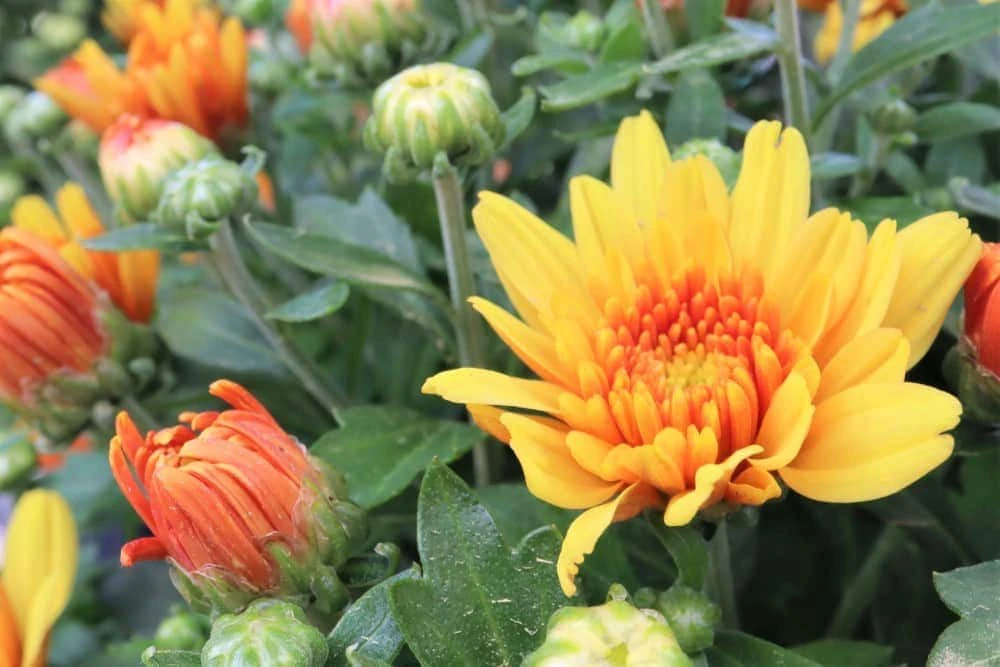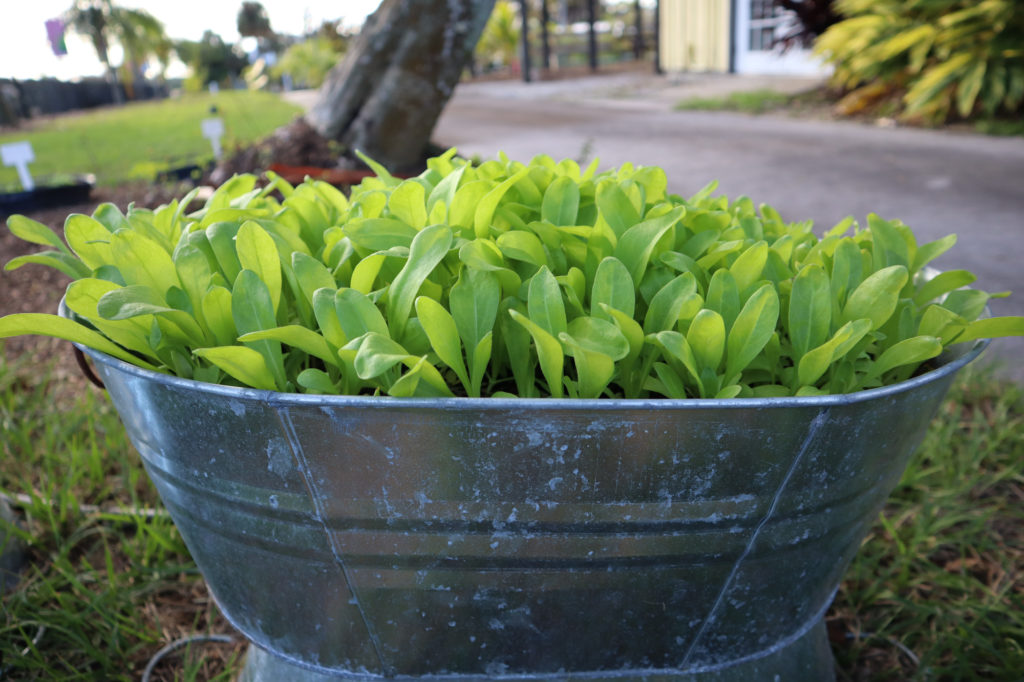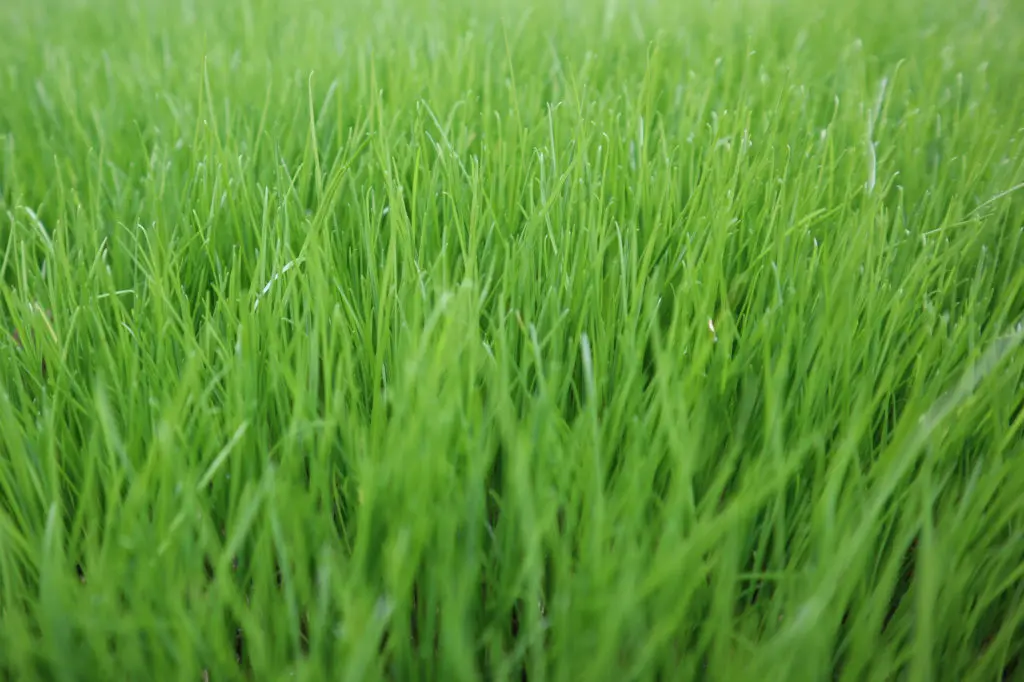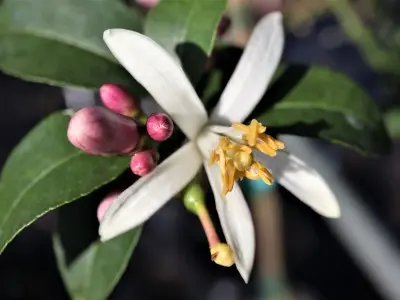It’s starting to cool down here! Here in Central Florida, November is a great time to successfully grow a variety of vegetables and flowers that otherwise succumb to the stress, humidity, and insect pressure during our sweltering heat.

On the contrary, freezes can also be quite severe in Central Florida so it is wise to take a few precautions to know what to do and what to plant to prepare for a not-so-common freeze.
Plant herbs and veggies!
Now is a great time to plant all the cool-season crops! If we sell it, it’s time to plant!

Prepare for a freeze
Make sure you have frost cloth to protect tender crops from frost and a way to keep it securely fastened or weighted down.
Protect the graft unions of your valuable fruit trees by banking them with soil or mulch. The entire top of the tree might die, but it can recover. Remove the mulch after the freeze to prevent rotting.
If freeze damage occurs, for the most part, you should not cut back damaged plants until they begin to regrow in the spring.
*One exception to this rule is Frangipani (plumeria), it should be cut back as soon as you can determine the extent of the damage.
Freeze-damaged palms should be treated promptly by pouring a drench containing copper fungicide into the bud of the palm where the new leaves emerge.
In containers, even normally cold-hardy plants can be killed by a freeze since the roots are more exposed than they would be in the ground. Either move the pot to a warmer location or cover the pot with insulation or blankets.
Feed vegetables and herbs
To reduce fertilization, it is great practice to regularly mulch your plants with organic matter. Over time, this will decompose and return trace amounts of nutrients back to the soil to feed the plant. Just make sure to watch for over-mulching, as to not bury and suffocate plants.
When using bagged fertilizers, lightly feed once a month (excluding summertime) with natural, organic and slow-release fertilizers like Espoma Garden Tone.

Watch for shadows
As the sun alters its position, you may have to move your your house plants and porch plants to places that receive more sunlight.
Spray your citrus trees
Use Genysis together with CitrusScripts or Maxicrop liquid seaweed on your citrus trees to boost immune systems, making them more resistant to insects and fungal damage.

Pests
As always, you should make sure to walk the yard regularly and inspect plants for insect damage and infestations before they occur.
Thrips can be a major problem on roses, ficus, Indian Hawthorne, and more. Apply Captain Jack’s Dead Bug Brew (spinosad), natural pyrethrin spray, or horticultural oil to control.
Vegetables and herbs to plant now include arugula, beets, broccoli, brussels sprouts, cabbage, carrots, cauliflower, celery, chives, cilantro, collards, dill, fennel, kale, kohlrabi, lavender, lemon balm, lettuce, mint, onions, oregano, parsley, peas, radishes, rosemary, sage, spinach, and thyme.
Flowers to plant now include alyssum, dianthus, dusty miller, geraniums, goldenrod, lobelia, ornamental cabbage and kale, pansies, petunias, phlox, salvia, snapdragons, and violas.


